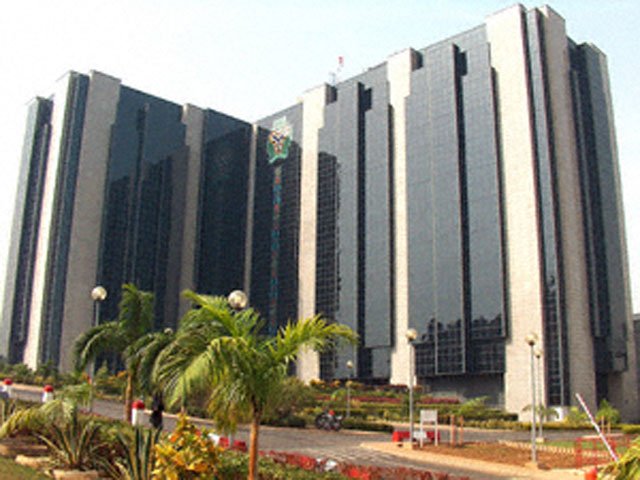Reuters on Tuesday reported that the Central Bank of Nigeria (CBN) has begun implementation of its ban on the sale of foreign exchange to importers of milk through its official window, apparently brushing aside protests from a section of the organized private sector opposed to the decision which was announced last month.
According to the report, CBN directed banks to stop processing milk imports on a credit basis, quoting bank sources, in its bid to spur local production and save the country’s scarce foreign exchange.
The CBN Governor, Godwin Emefiele, had while briefing reporters after the last meeting of the Monetary Policy Committee (MPC), announced plans to add milk import to its list of items that cannot be imported using forex access through the official window. He had lamented that Nigeria spends between $1.2bn and $1.5bn annually to import milk.
In a circular to banks in the country, the apex bank said milk imports will no longer be eligible under payment terms known as “bills for collection” which allowed the importer to buy on credit. Importers would need to fund their naira accounts and open letters of credit, bankers told Reuters.
Bankers said the central bank wanted to streamline payment modes for milk imports.
Industry groups had been lobbying the government against the bank’s planned dollar curb, arguing that domestic milk production was not enough to meet local demand.
In 2015, the CBN had restricted access to forex for 41 items which it said can be produced in Nigeria.
The central bank has said the idea to add milk to the forex restriction list arose from the success of the currency restriction policy and the large amount spent on imports.
Implementation of the ban is coming at a time Nigeria’s foreign exchange reserve pool has dropped by $1bn in one month, from $45.043bn on July 23, to $44.0bn in the corresponding period of this month.
This is the first time in a long while that the nation’s reserve has suffered such a huge decline.
According to data on the website of the CBN on August 27, 201, the Nigerian reserve is currently around its March 25 level of $44.04bn.








